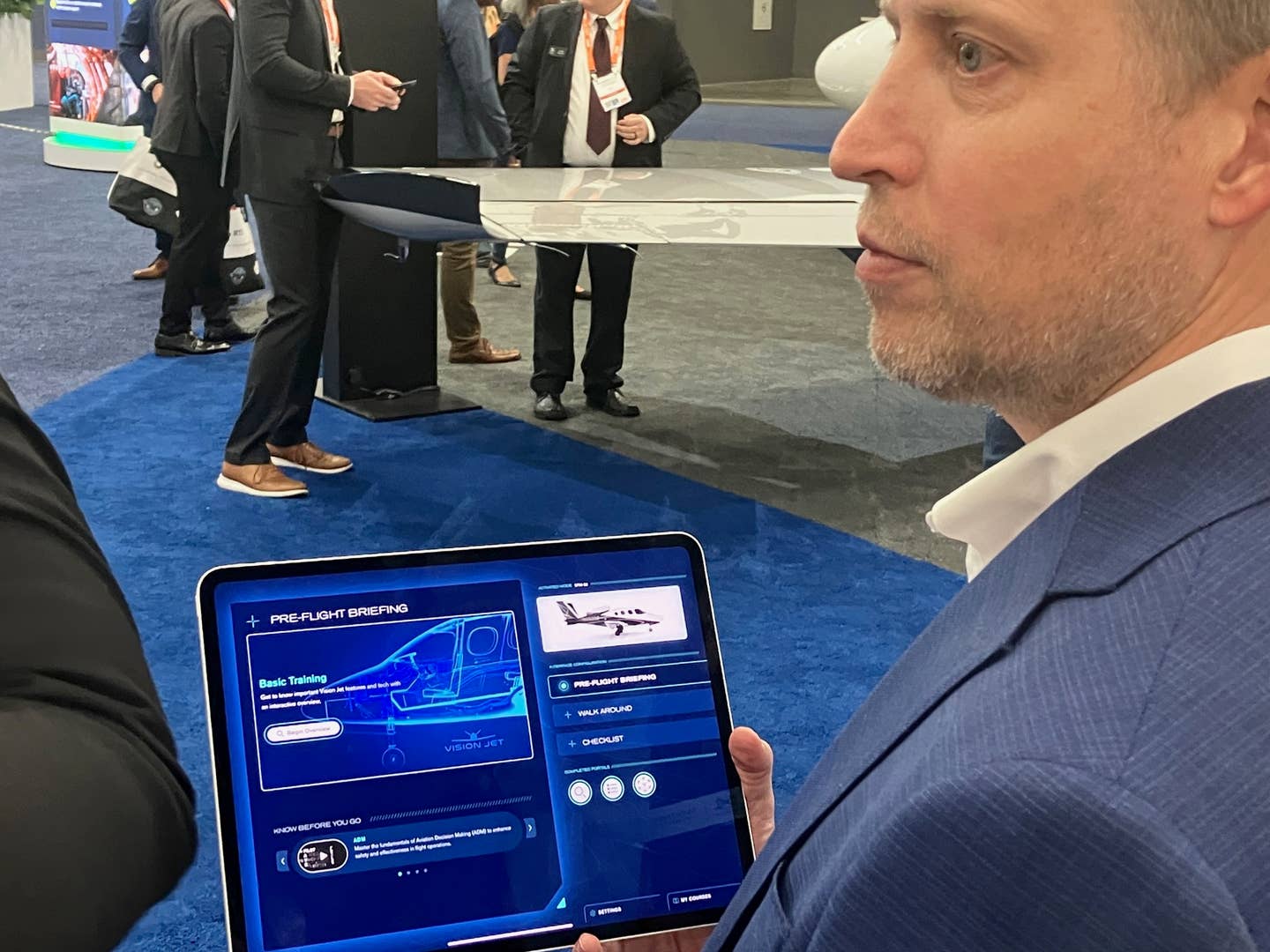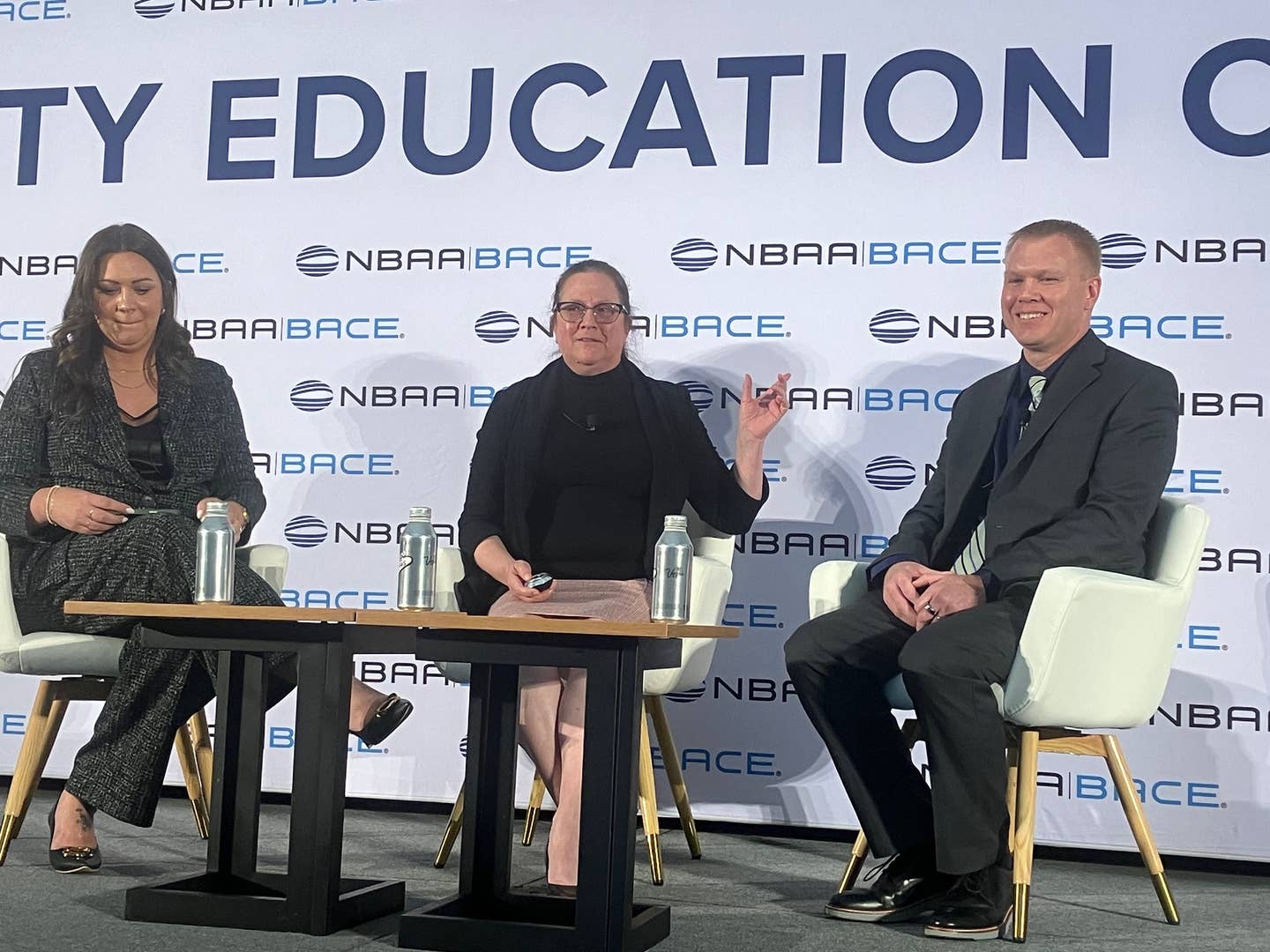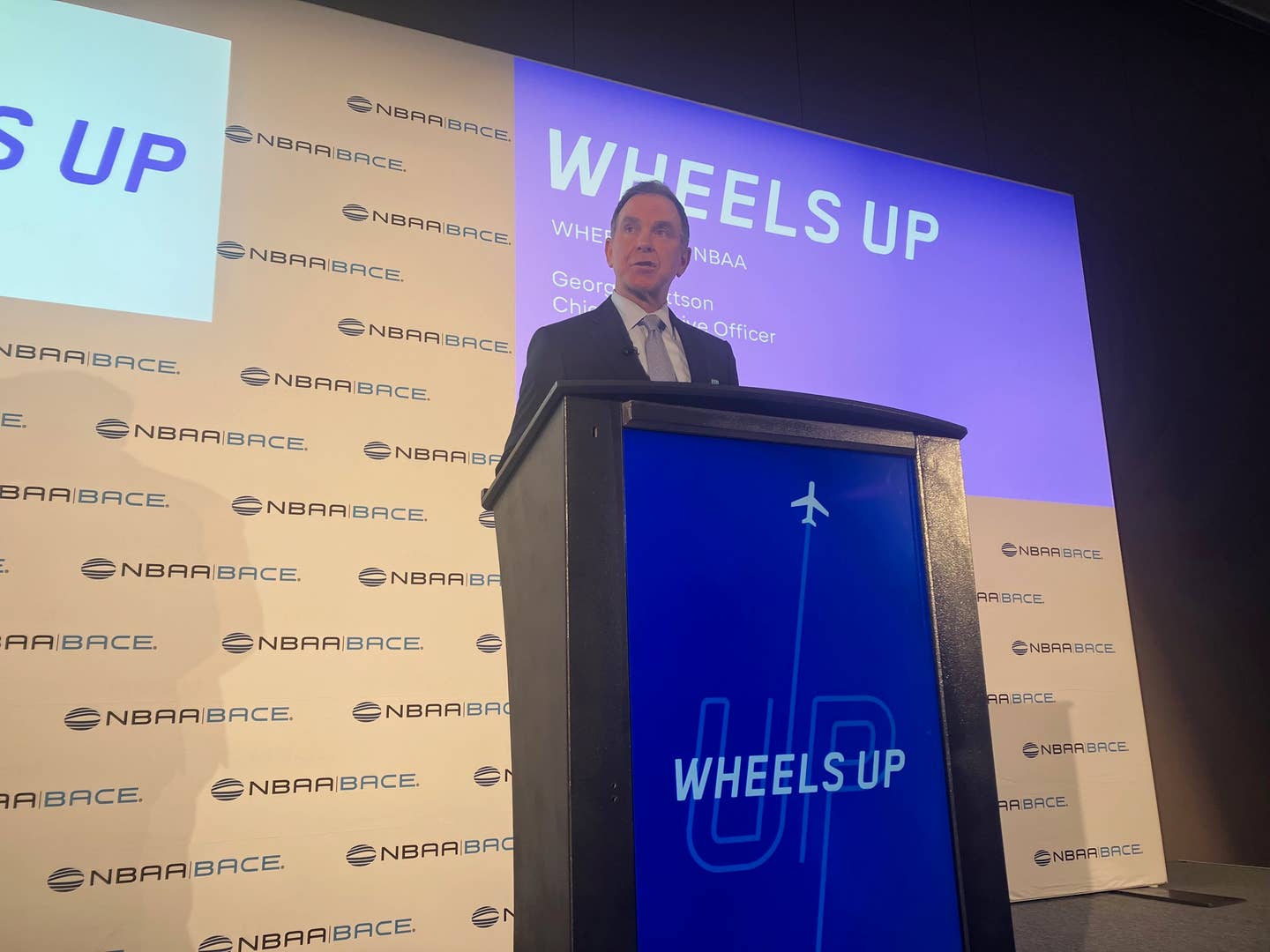Superior Launches Diesel Engine Line
Superior Air Parts says it will launch a full line of diesel aircraft engines starting with a 100-horsepower unit aimed at the LSA market and scaling up to as much as 600 horsepower. In a news conference at Sun ‘n Fun, company representatives said they acquired the rights to a liquid-cooled two-stroke diesel design developed by U.K.-based Powerplant Developments in late 2014.

Superior Air Parts says it will launch a full line of diesel aircraft engines starting with a 100-horsepower unit aimed at the LSA market and scaling up to as much as 600 horsepower. In a news conference at Sun 'n Fun, company representatives said they acquired the rights to a liquid-cooled two-stroke diesel design developed by U.K.-based Powerplant Developments in late 2014. Since then, Superior has been testing prototypes of the Gemini on the bench and plans to deliver test engines to OEMs in two to three months. "The main question we get is 'How soon can we get one?'" said Superior CEO Tim Archer.
The PPD design puts two horizontally opposed pistons in the same cylinder with outboard crankshafts driving a common center shaft through a system of front-mounted gears. The result is a package that's about the same size as the Rotax 912 and weighs about 200 pounds, 10 percent more than the Rotax. Archer said the weight difference is more than offset by the 25-percent fuel savings offered by the Gemini. Projected retail price is $25,000, about 20 percent more than a Rotax 912iS, and they're aiming for a 2,000-hour TBO.Archer said the company decided to continue development of the 100-horsepower model because it was already so far advanced but the real market will be in the bigger certified engines sized for every piston market segment. At the upper end, there will be six-cylinder/12-piston models capable of replacing many small turboprops. Superior has an aggressive development schedule planned and hopes to have certified engines within a couple of years. Archer acknowledged the unique design might initially cause some market resistance, particularly in the U.S., but the engine is working well on the bench and its low cost and efficiency should win over skeptics.






